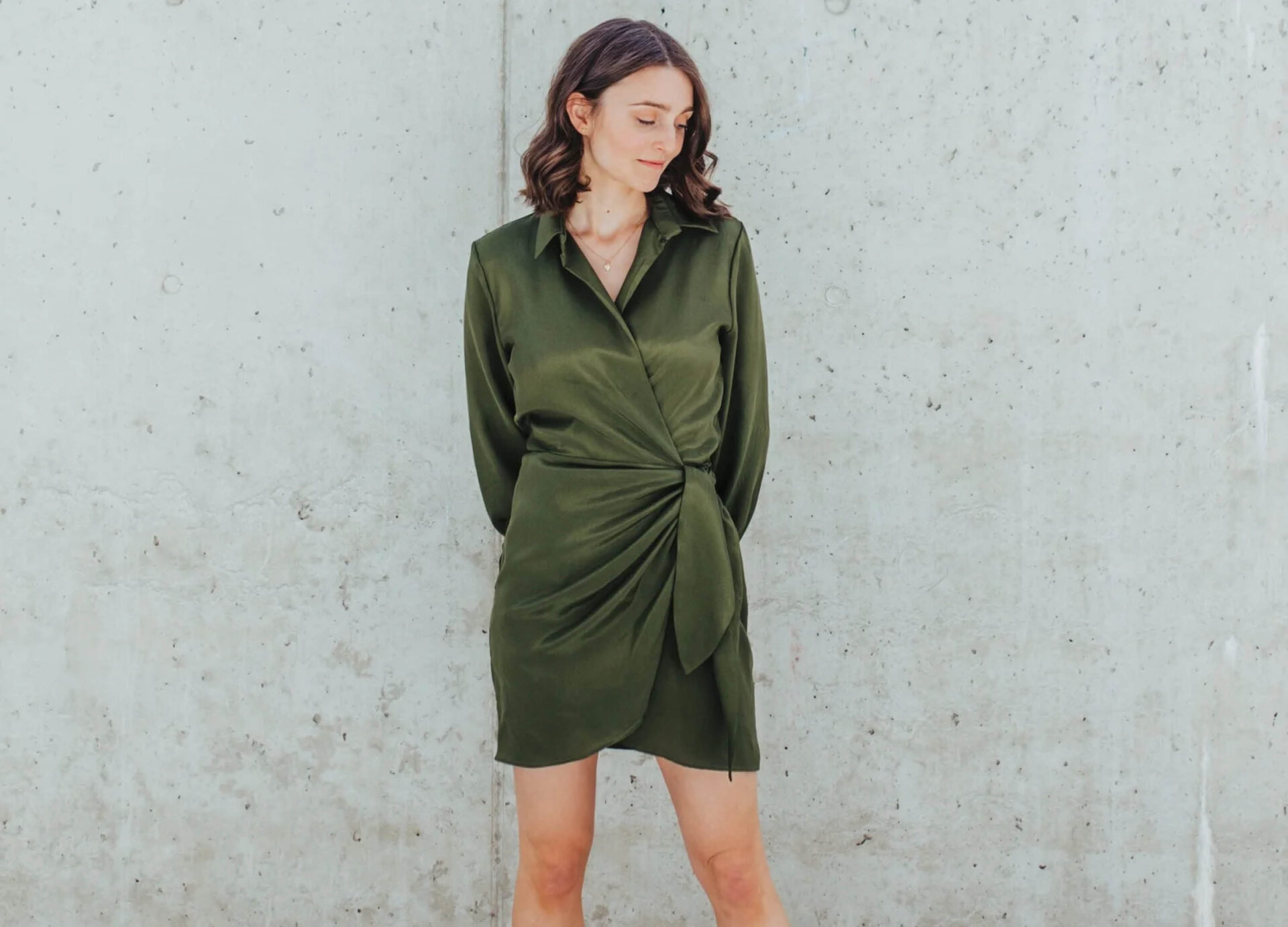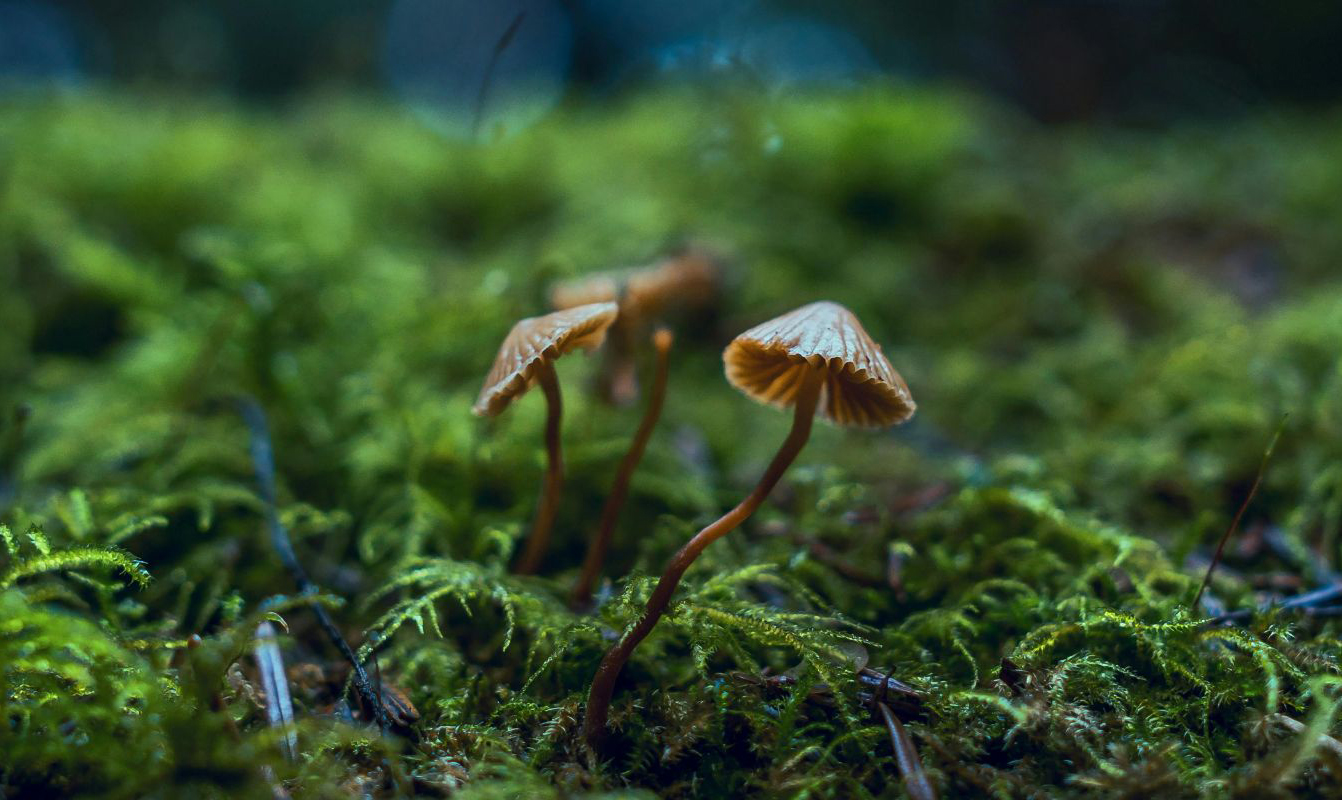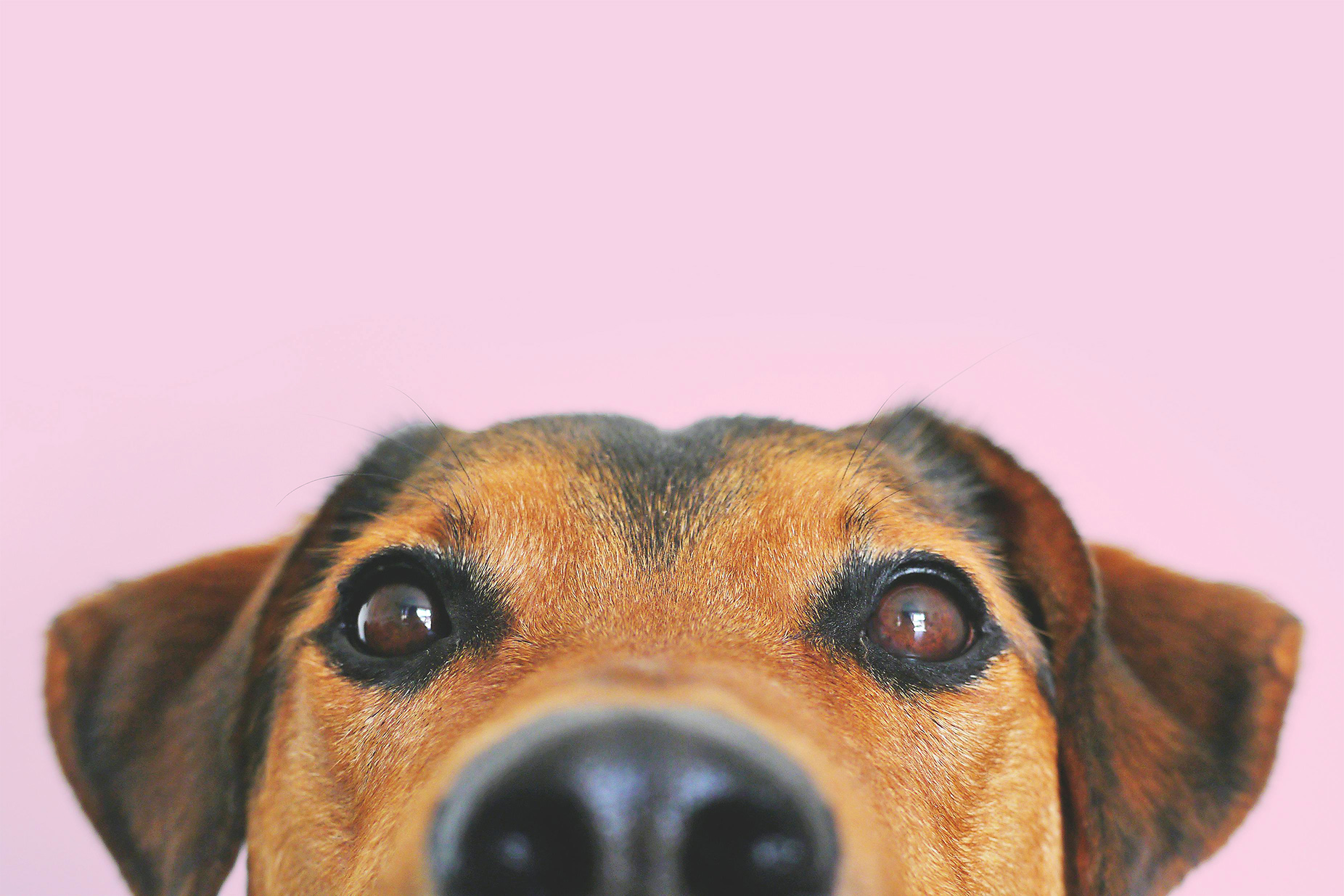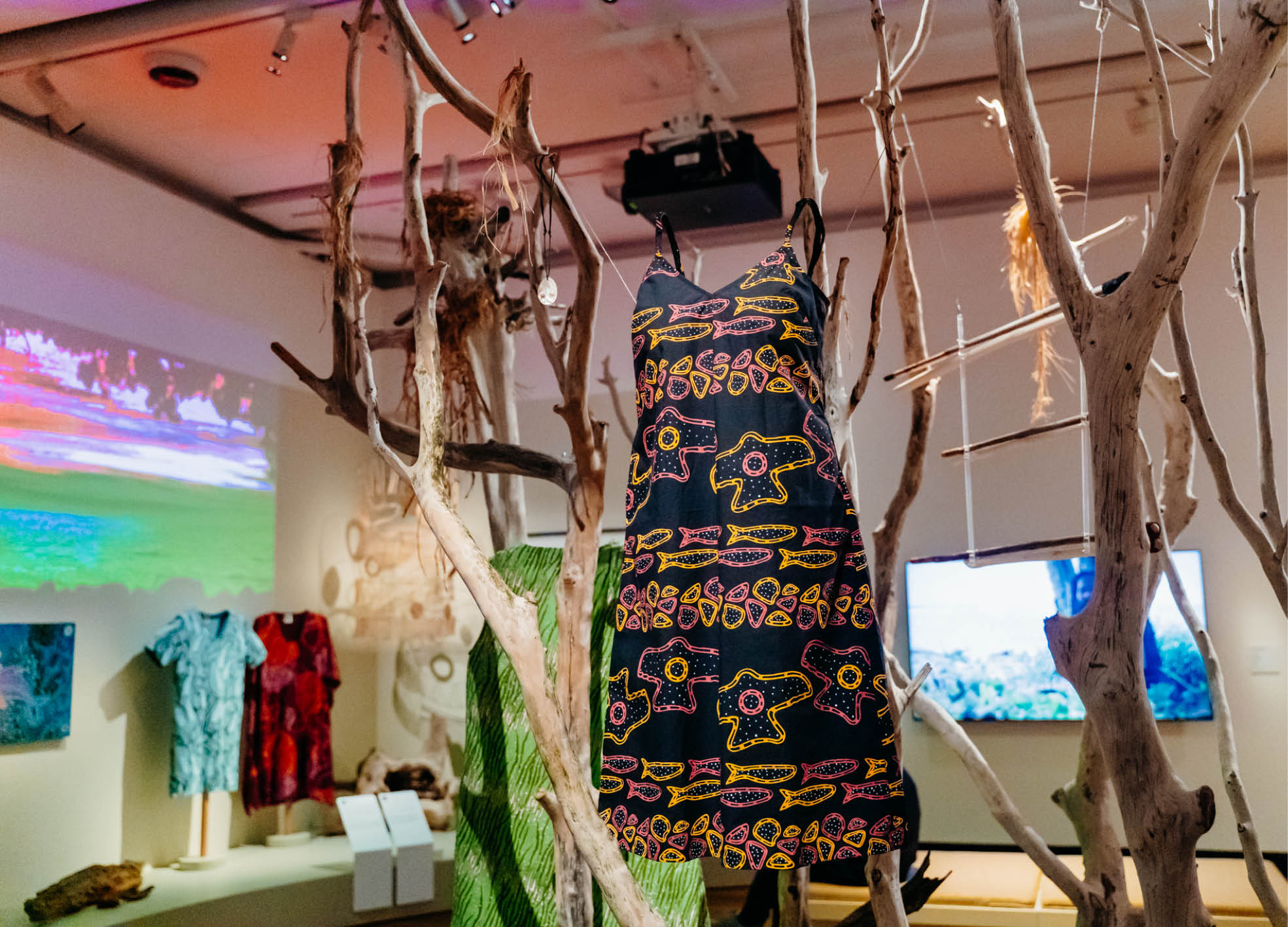Trash to Treasure: Six Australian Brands Reframing How We View Waste
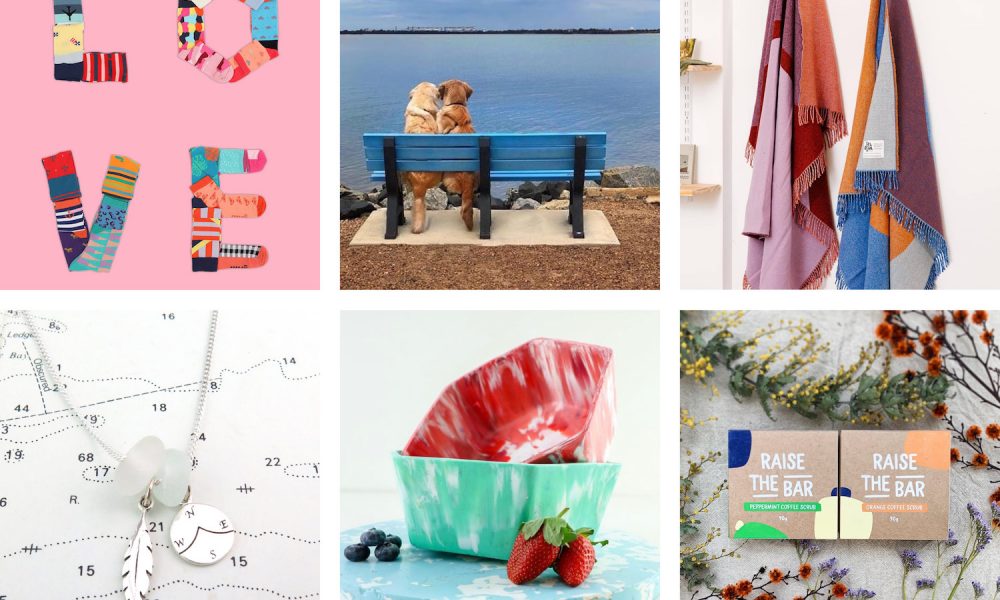
- Words by Peppermint
Recycling may have its issues, but it’s still an important ‘R’ in the #reducereuserecyclerefuse life goals mantra. And as today is Global Recycling Day, may we remind you of the importance of recycling, if avoidance isn’t possible or practical. Moving forward we need to look at waste with a different mindset – because there is no such thing as ‘away’ – so here are six innovative companies reframing how we view waste.
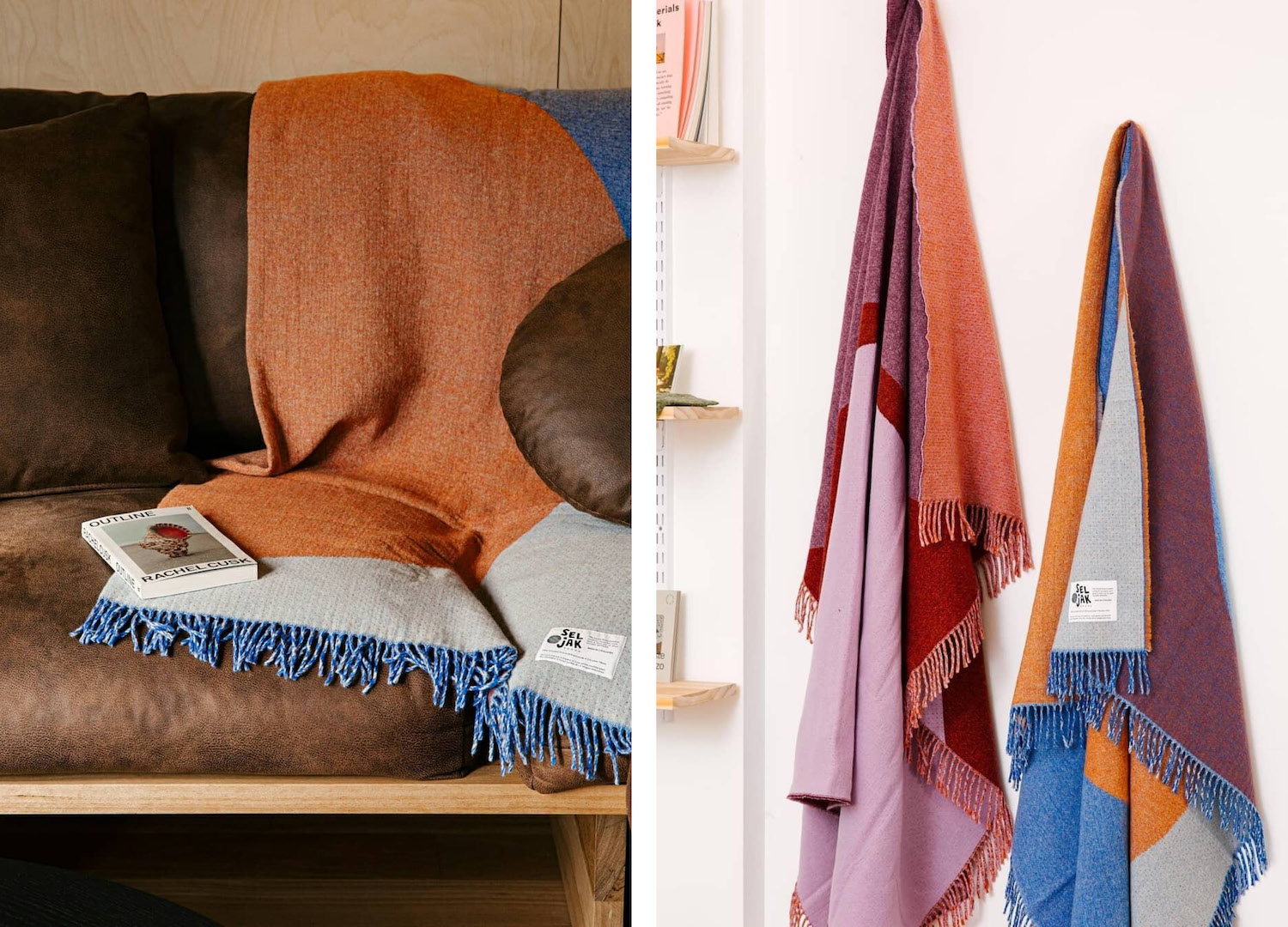
Seljak Brand
The Seljak sisters are doing it for themselves and wrapping us up in warmth at the same time. United by their vision of a world without waste, Karina returned home from New York to build Seljak Brand with her sister Sam. Their beautiful recycled wool blankets are made using offcuts from the factory floor and the regenerative cycle continues even past the initial purchase. Once you’ve finished with your blanket, the brand will take it, shred it and spin it into new yarn to create a new one – taking closed loop cosiness to a whole new level! Dune (from their recent range) is made with reclaimed textile waste, combining factory floor offcuts of 16 mills around Europe, while Lune is made with yarn spun in Italy out of old woollen jumpers and garments.
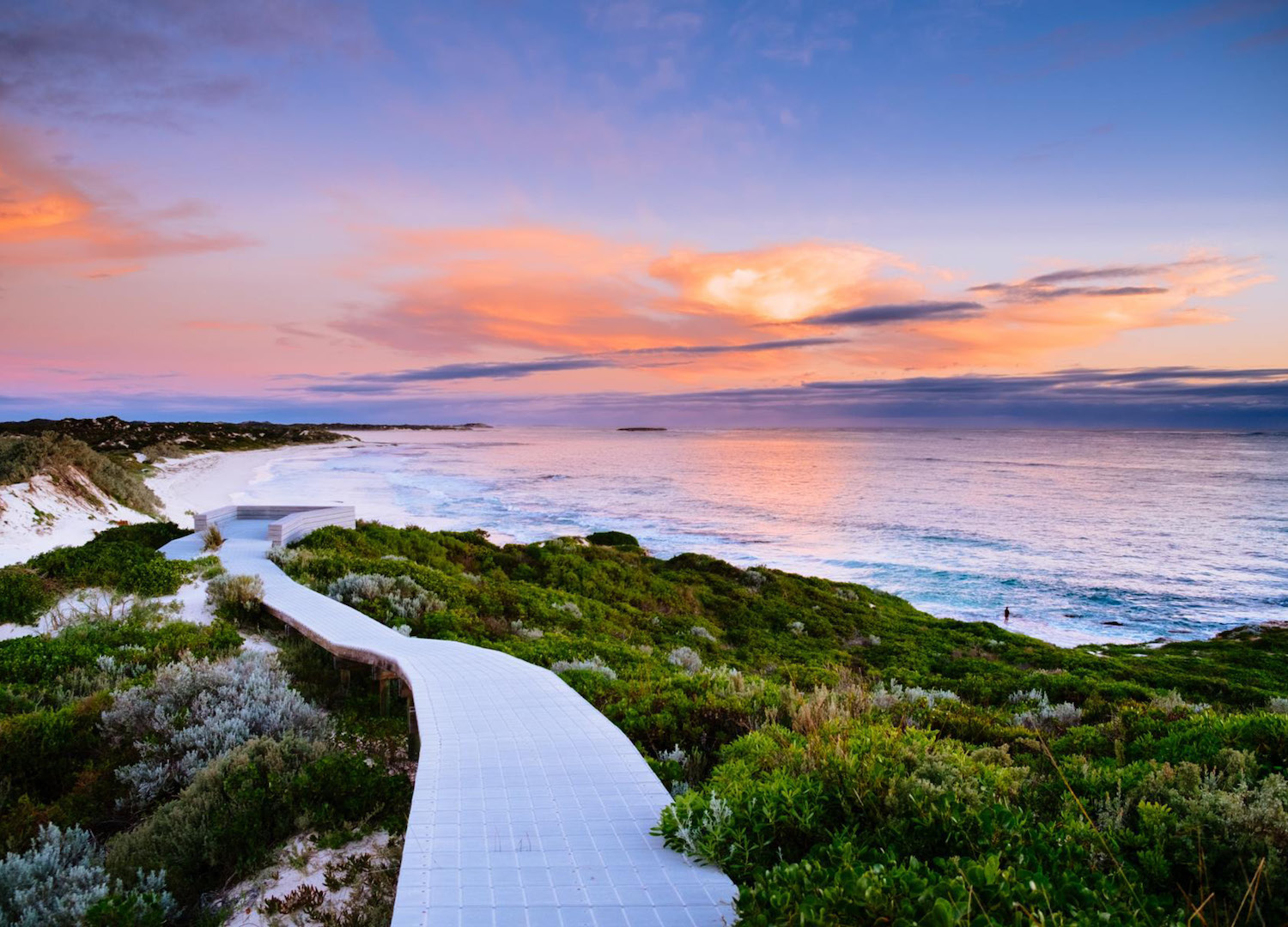
Replas
Replas uses plastic waste collected from the REDcycle Collection Bins at Australian supermarkets to make a range of outdoor products from fitness circuits to sturdy outdoor furniture, bollards, signage, boardwalks and dog park infrastructure. Even more of a reason to start collecting your soft plastics if you’re not already!
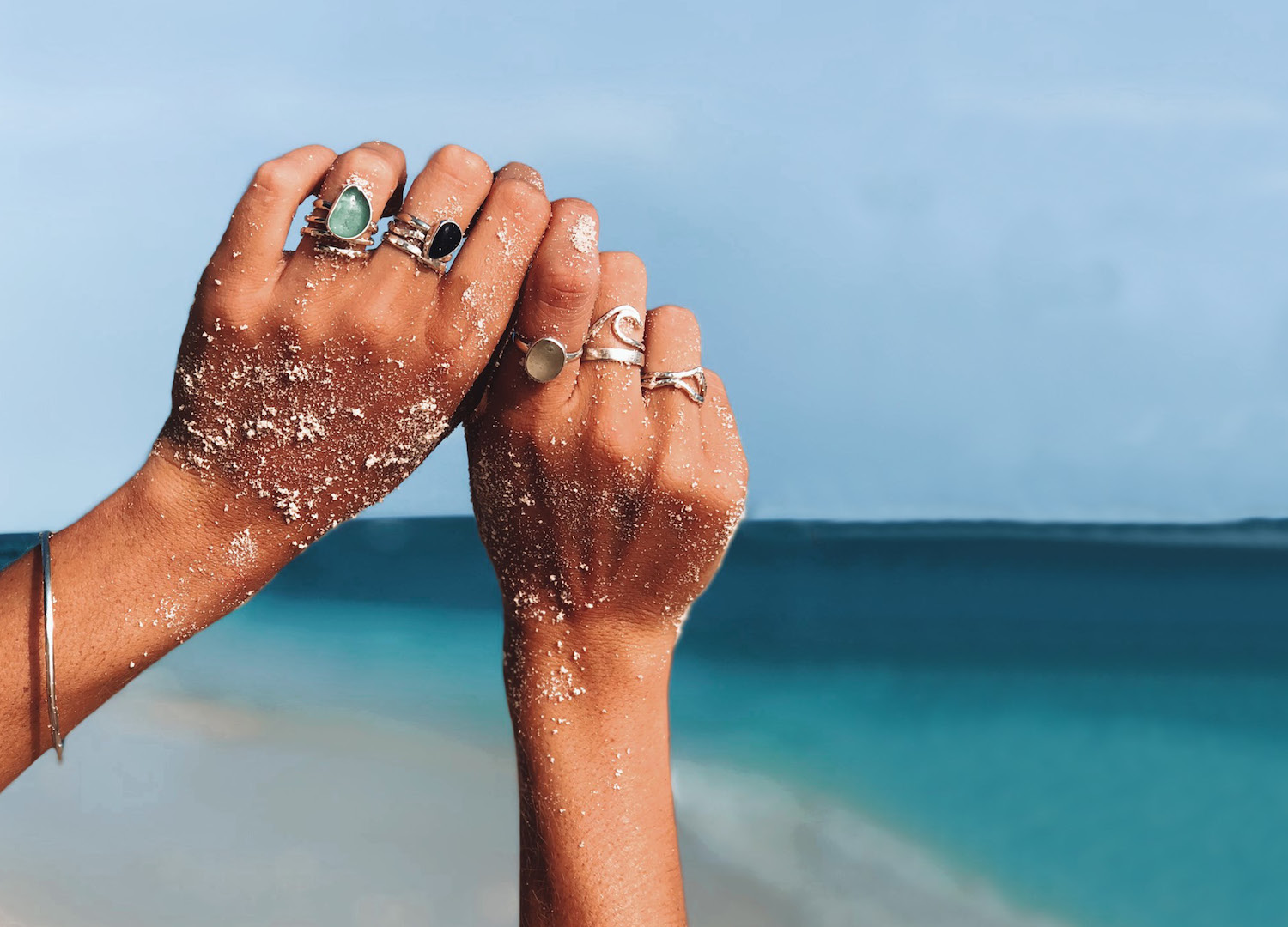
Spindrift Collections
If you look for jewellery that tells a story, you’ll love Spindrift Collections – a nature-inspired range that aims to fuel your inner wanderlust and transport you to places you’ve not yet been. Prioritising the use of recycled materials, including recycled sterling silver and hand-collected beach glass, alongside a fully traceable supply chain, the Sydney-based company was founded by British-Australian designer Natasha Wakefield and is a proud member of 1% For The Planet. Also known as sea glass or mermaid tears, beach glass is made from discarded bottles and jars which have made their way into the ocean. Over many years the waves, water and salt naturally smooth the glass down to a soft and polished finish. Spindrift hand-collect and source their glass from beaches and shorelines all around the world.
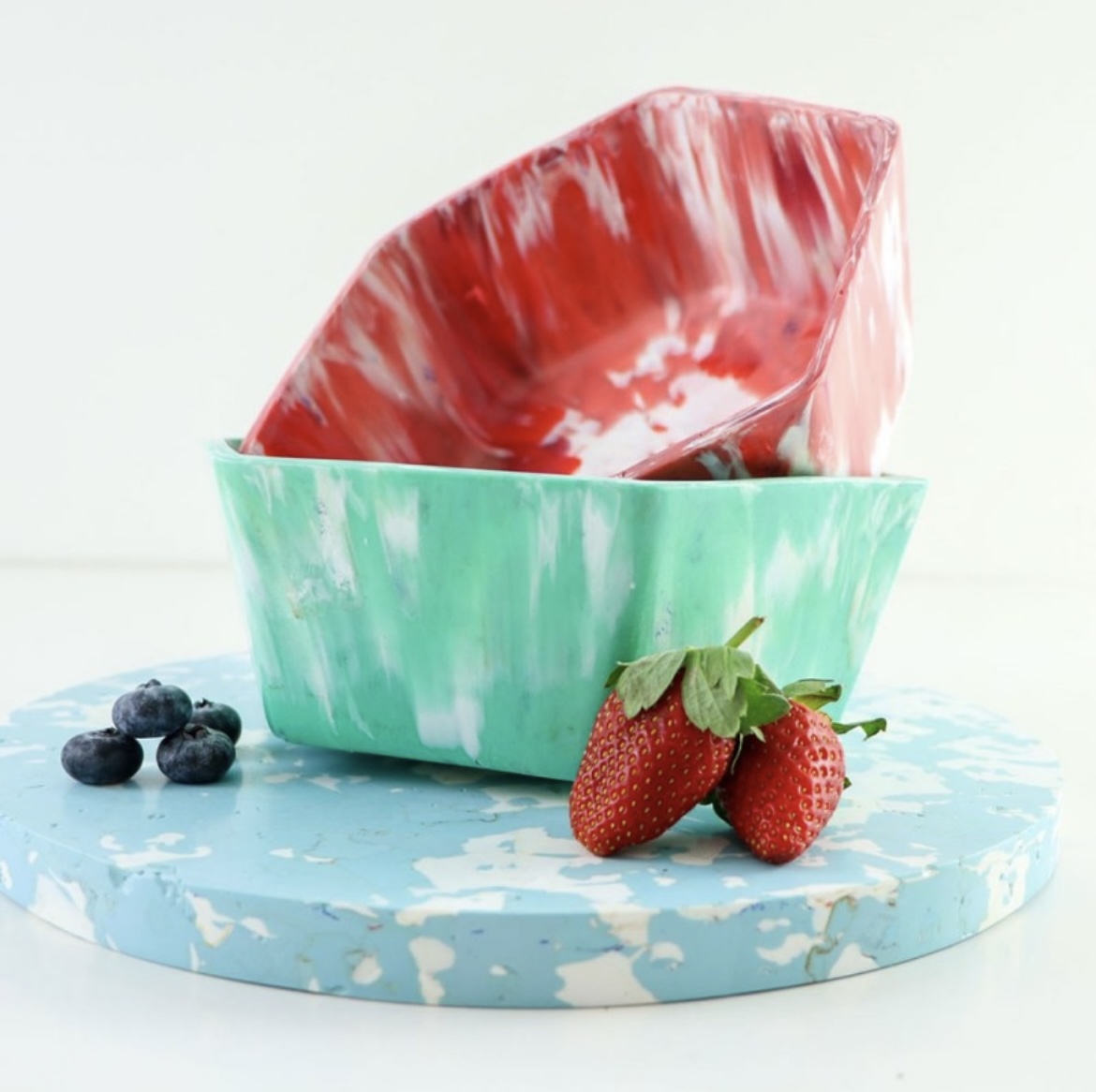
Transmutation
Started in South Africa in 2006, Bread Tags for Wheelchairs is a volunteer-driven initiative that collects bread tags for recycling companies so they can raise funds to buy wheelchairs for those in need. Its Australian arm recently teamed up with South Australian recycling partner Transmutation to transform the plastic tags into bowls and serving boards, with the colourful, retro-inspired bowls containing over 1800 bread tags each! Find your local bread tag collection point at ozbreadtagsforwheelchairs.org.au – support a great charity, keep plastic out of landfill, and contribute to these cool homewares!
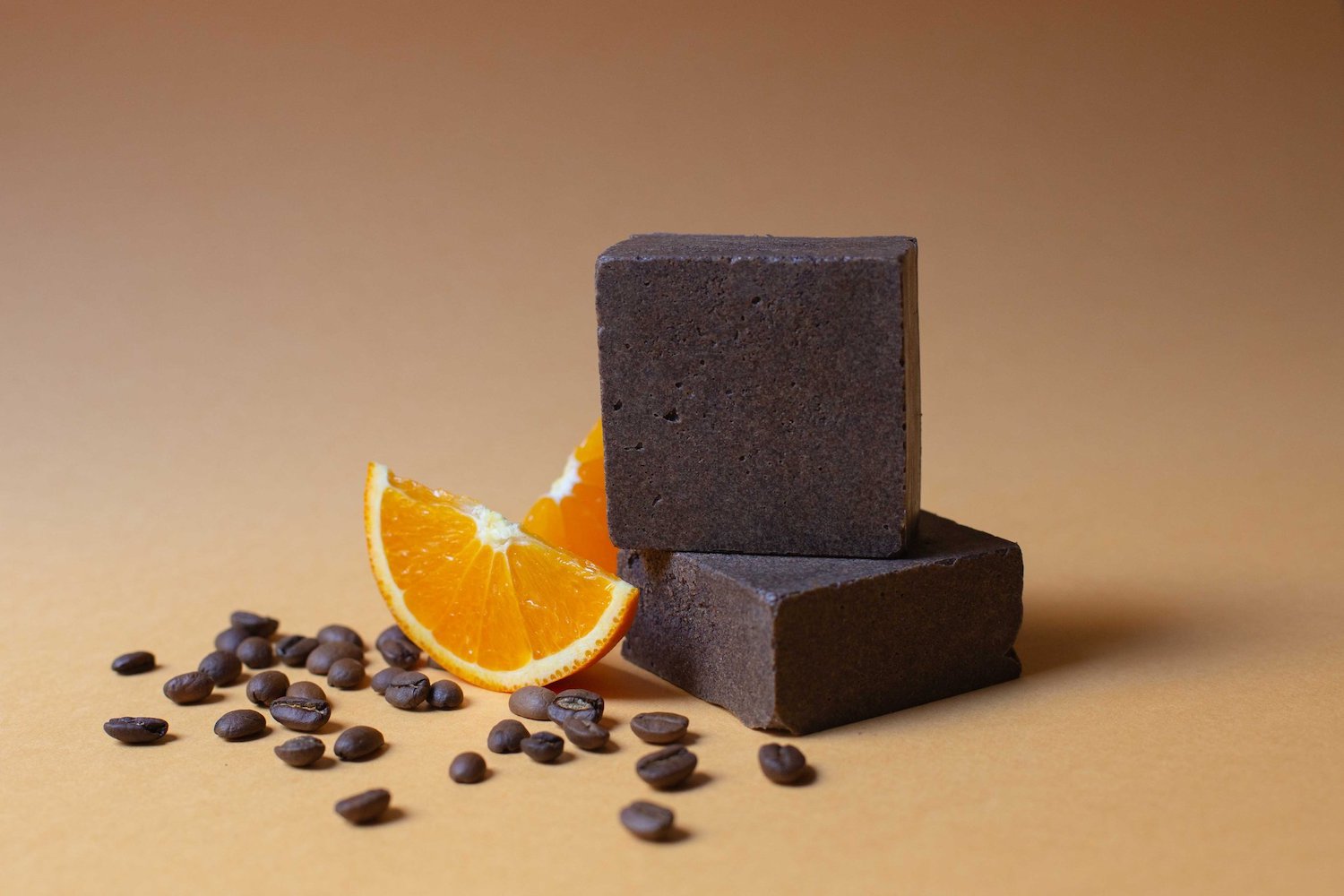
Raise The Bar
Not only do Raise The Bar’s coffee scrubs come in a handy bar format – so you can actually bathe in your favourite brew – but they’re also made to fight plastic pollution and waste in the beauty industry too. Frustrated by the use of fresh coffee rather than post-brewed grounds in body scrubs, Raise The Bar’s founder, Bronte Hogarth, began repurposing coffee grounds collected from local cafes and pairing them with lush ingredients like brown sugar, jojoba oil, shea and cocoa butters plus essential oils. Launched following a successful crowdfunding campaign in 2018 the cruelty- and microbead-free, vegan and 100% natural bars come in two scents – orange and peppermint – and are sent in compostable packaging. Consider that bar raised.
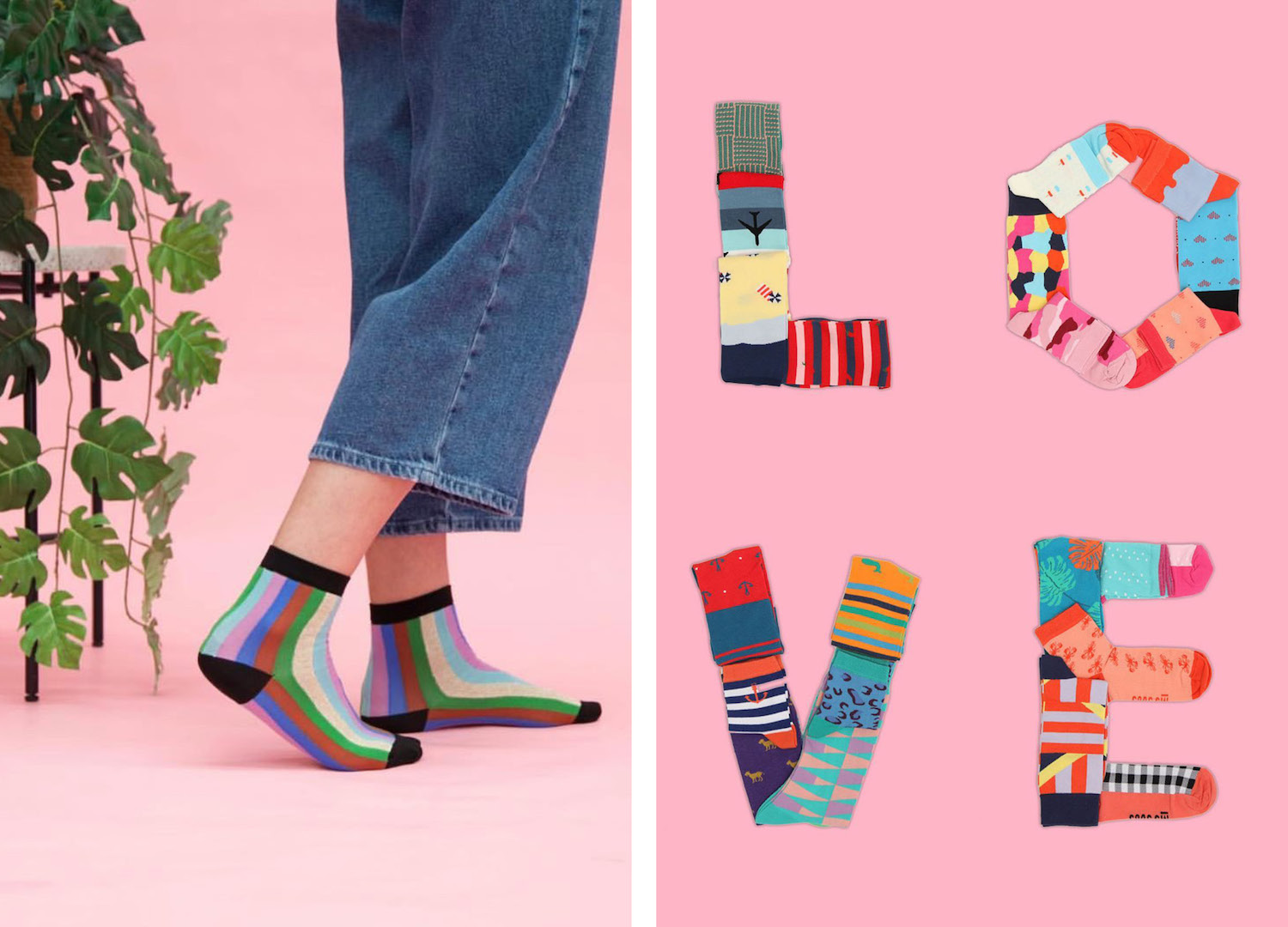
Upparel
Horrified by waste within the textile industry, Melbourne socks-and-undies-maker Upparel (previously known as Manrags) began to encourage customers to send in their old (clean) socks for recycling – and thus, the world’s first circular subscription club was born. With the initiative proving wildly successful, the company expanded to accepting clothing and shoes – a nifty move that diverts huge amounts of waste from landfill and scores the sender a handy credit. Hello, win-win!
JOIN OUR MAILING LIST
Brighten up your inbox with our not-too-frequent emails featuring Peppermint-related news, events, competitions and more!
explore
More articles
It’s beginning to look a lot like Christmas…. Which means we are officially entering party season. Work parties, friend-dos, family get-togethers and then we’re straight into New Year festivities. If you’re lucky enough, you might be staring down the barrel…
Look, I don’t want to make anyone panic but IT’S DECEMBER!!! If you’re planning to give homemade gifts, you’re going to have to act fast. …
Furred, feathered, fishy, scaled… The pets we choose are as diverse as our personalities. (And apparently, quite often we resemble each other.) But they all…
When you hang a painting on a wall, the story stays put. But when you wear a beautifully made garment that may as well be…
Hang out with us on Instagram
“We love that we can bring a hint of imagination and whimsy into everyday life by making ordinary objects fun. We’ve learned to appreciate the little wins and to take a moment for each step we achieve.”
Disillusioned by the realities of fast fashion, design grads Emily May and Sidonie Moore ditched clothing for a business that finds fun in the everyday. Enter @TheNonsenseMaker: a collection of unique homewares, fun wall art, greeting cards and more that breathe life into Emily’s illustrations: “I love the idea of taking real-world objects and changing your perspective in a way that brings magic and whimsy into everyday life!”
In issue 64’s feature ‘It all makes sense’, we chat to the Naarm/Melbourne-based duo about their sustainability philosophy, TV re-runs and their commitment to local makers. At stockists now!
Photos: @MeAndMyGirl
#PeppermintMagazine #TheNonsenseMaker #LocalMakers #SustainableCraft

Any New Year’s resolutions on your list? We love this from @OtterBeeStitching - “be brave enough to suck at something new”.
There’s no points for perfection, but you’ll get a trophy for trying. If nothing else this year, take the leap and try something new.
#OtterBeeStitching #Embroidery #BeBrave #TrySomethingNew #EmbroideryArt

Sunday serving suggestion ☀️
Gorgeous photos from @JolieFemmeStore - who make sweet garments from vintage bedsheets.
#PeppermintMagazine #SlowSunday #SwitchOff #Unplug #ReadAMagazine

A toast to the old you 🥂
We wholeheartedly love this post from the brilliant @EmilyOnLife:
“2026: Reinvent, burn it down, let it go (whatever it is). Year of the Snake it up. Exercise your boundaries, exercise your body, take one teeny step every day towards a life that feels better to be in.
But don’t you dare shit on your old self while you do it.
Hold yourself with reverence and tenderness and respect, because you got you this far. You did your very best with the information and tools you had at the time. You scraped yourself together, you made it work, you survived what felt impossible to survive: again and again and again.
You are perpetually in the process of becoming, whether you can feel it or not, whether or not you add it to your 2026 to-do list.“

Some very wise words from @Damon.Gameau to take us into 2026 🙌🏼

⭐️ We made it!!! ⭐️
Happy New Year, friends. To those who smashed their goals and achieved their dreams, and to those who are crawling over the finish line hoping to never speak of this year again (and everyone else in between): we made it. However you got here is enough. Be proud.
It’s been a tough year for many of us in small business, so here’s to a better year in 2026. We’re forever grateful for all your support and are jumping for joy to still be here bringing you creativity, kindness and community.
We’re also excited to be leaping into the NY with our special release sewing pattern – the Waratah Wrap Dress!
How great are our fabulous models: @Melt.Stitches, @KatieMakesADress and @Tricky.Pockets - and also our incredible Sewing Manager @Laura_The_Maker! 🙌🏼
Ok 2026: let’s do this. 💪🏼
#PeppermintWaratahWrapDress #PeppermintPatterns #SewingPattern #MeMade #WrapDress #WrapDressPattern











